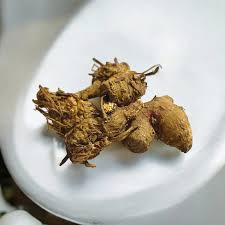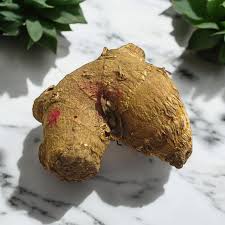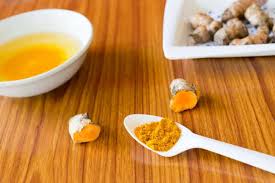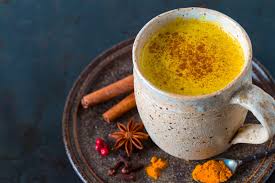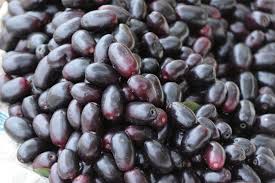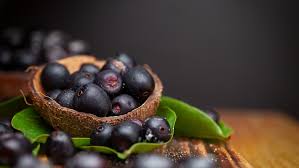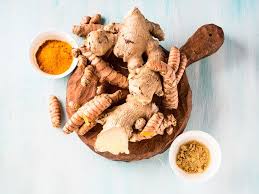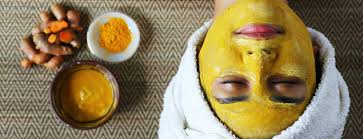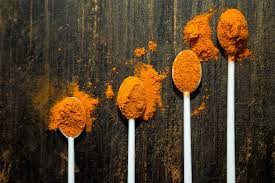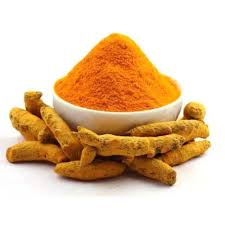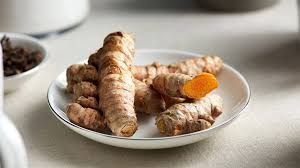
Kaali Haldi in Managing Rheumatoid Arthritis Symptoms
Rheumatoid Arthritis (RA) is a chronic autoimmune disorder that causes inflammation in the joints, leading to pain, swelling, stiffness, and long-term joint damage. While conventional medicine offers symptom control through steroids and anti-inflammatory drugs, many people seek natural, holistic alternatives to manage their condition with fewer side effects.
One such powerful Ayurvedic herb is Kaali Haldi (Black Turmeric), known scientifically as Curcuma caesia. Revered in traditional Indian healing systems, Kaali Haldi is gaining attention for its potent anti-inflammatory, analgesic, and immune-modulating properties. At Dirghaanshi, we focus on reconnecting people with the healing wisdom of herbs, and Kaali Haldi stands out as an effective aid for those managing rheumatoid arthritis naturally.
Long Description
Understanding Rheumatoid Arthritis (RA)
RA is not just a joint disease—it is an autoimmune disorder, where the immune system mistakenly attacks healthy joint tissues. This leads to:
Chronic joint inflammation
Pain, stiffness, and swelling, especially in the hands and feet
Fatigue and reduced mobility
Long-term joint erosion and deformity if left untreated
RA often affects people between 30 to 60 years of age and is more common in women. While modern drugs suppress symptoms, they may cause side effects like digestive issues, weight gain, and lowered immunity. Hence, interest in Ayurvedic alternatives like Kaali Haldi is rising.
What is Kaali Haldi (Black Turmeric)?
Botanical Name: Curcuma caesia
Family: Zingiberaceae
Part Used: Rhizome
Taste (Rasa): Pungent, Bitter
Energy (Virya): Hot
Kaali Haldi is a rare species of turmeric, native to India, with a bluish-black interior and a strong, camphor-like aroma. It has been traditionally used in treating pain, inflammation, respiratory issues, skin disorders, and spiritual healing in tribal medicine.
Its high content of curcuminoids, essential oils, and alkaloids gives it powerful pharmacological effects, especially against inflammation and pain—two core challenges in rheumatoid arthritis.
How Kaali Haldi Helps in Managing Rheumatoid Arthritis Symptoms
- Reduces Joint Inflammation
Chronic inflammation is the root cause of joint pain and stiffness in RA. Kaali Haldi:
Suppresses inflammatory enzymes like COX-2 and TNF-alpha
Reduces swelling in the synovial membrane
Inhibits the production of cytokines that trigger inflammation
Regular use of Kaali Haldi may help in reducing joint tenderness and morning stiffness.
- Relieves Joint Pain and Stiffness
The natural analgesic (pain-relieving) properties of Kaali Haldi help manage pain without the side effects of painkillers.
Blocks pain signals in the nervous system
Improves blood circulation to affected joints
Relieves stiffness by relaxing muscles and tendons
This is especially useful during flare-ups when pain becomes intense.
- Balances the Immune System
RA is an autoimmune disorder, and immune modulation is essential for controlling it. Kaali Haldi helps:
Calm the hyperactive immune response
Strengthen immune resilience
Prevent further joint damage by reducing immune overreaction
This action is vital in managing RA in the long run.
- Improves Digestion and Detoxification
In Ayurveda, RA is often linked to Ama (toxins) in the joints due to poor digestion and metabolism. Kaali Haldi:
Boosts Agni (digestive fire)
Eliminates Ama from joints and tissues
Clears lymphatic congestion that contributes to swelling
This aids in restoring systemic balance and reducing symptoms holistically.
- Prevents Joint Deformity and Supports Mobility
Continuous inflammation in RA can lead to erosion of cartilage and bone, causing deformity. Kaali Haldi supports:
Cartilage preservation through its antioxidant action
Joint lubrication and nourishment
Enhanced mobility and flexibility over time
This makes it a preventive and restorative remedy.
Ayurvedic View on Kaali Haldi for RA (Amavata)
In Ayurveda, rheumatoid arthritis is known as Amavata, caused by the combination of Vata dosha imbalance and Ama (toxic buildup). The treatment focuses on:
Pacifying Vata
Digesting Ama
Detoxifying tissues and blood
Reducing inflammation and pain
Kaali Haldi aligns perfectly with this philosophy. It is:
Ushna (hot in potency) – balances Vata
Tikta and Katu (bitter and pungent) – burns Ama
Deepana and Pachana – stimulates metabolism and detox
Shothahara – anti-inflammatory
Scientific Studies on Kaali Haldi for Inflammatory Conditions
While more human trials are needed, early lab and animal research suggest:
Anti-arthritic properties by reducing joint swelling and inflammation
Reduction in levels of pro-inflammatory cytokines
Improvement in mobility and pain scores in animal models
Strong antioxidant properties that protect cartilage from degradation
Kaali Haldi’s compounds like curcuminoids, turmerone, and camphor derivatives are being researched for therapeutic uses in autoimmune and inflammatory disorders.
How to Use Kaali Haldi for Rheumatoid Arthritis Relief
- Kaali Haldi Powder with Warm Milk
Mix ¼ tsp Kaali Haldi powder in a glass of warm cow’s milk
Take at night before sleeping
Benefits: Reduces pain, promotes sleep, and relieves stiffness
- Kaali Haldi and Castor Oil Paste (External Use)
Mix Kaali Haldi powder with warm castor oil
Apply to painful joints and cover with cloth
Leave for 30–60 minutes, once daily
Benefits: Reduces swelling and improves circulation
- Herbal Decoction (Kadha)
Boil Kaali Haldi with ginger, giloy, and fenugreek seeds
Strain and consume warm once daily
Benefits: Detoxifies tissues and calms inflammation
- Kaali Haldi Capsules
Standardized capsules are a good option for daily use.
Dosage: 500–1000 mg/day (consult your Ayurvedic practitioner)
Useful during flare-ups or long-term management
Precautions and Safety
Avoid during pregnancy and lactation
Consult a doctor before combining with immune-suppressing medications
Do not exceed recommended dosage—Kaali Haldi is heating in nature
Ensure the herb is organic and properly sourced
Who Should Consider Kaali Haldi for RA?
Individuals with early-stage or chronic rheumatoid arthritis
Those seeking natural alternatives to steroids and NSAIDs
People experiencing joint stiffness, swelling, and restricted movement
Individuals undergoing Ayurvedic detox programs
Those with inflammation linked to autoimmune diseases
Supportive Ayurvedic Tips for RA Management
To enhance the effect of Kaali Haldi, combine it with these Ayurvedic lifestyle habits:
Warm, light, and easily digestible diet
Avoid cold, processed, and fermented foods
Perform gentle yoga and joint exercises daily
Use Abhyanga (oil massage) with medicated oils like Mahanarayan or Dhanwantharam
Include Triphala at night for gentle detox
Practice stress management through meditation or Pranayama
Dirghaanshi’s Perspective: Empowering Wellness through Herbal Intelligence
At Dirghaanshi, we value the timeless healing power of Ayurveda and its herbs. Kaali Haldi exemplifies how nature offers safe, effective tools to manage chronic conditions like rheumatoid arthritis, without side effects.
By using herbs that balance the doshas, improve immunity, and remove toxins, we help you move toward a pain-free, mobile, and empowered life—naturally.
Conclusion
Kaali Haldi is emerging as a powerful natural ally for those suffering from the pain and limitations of rheumatoid arthritis. Its unique combination of anti-inflammatory, analgesic, detoxifying, and immune-balancing properties makes it a holistic choice in both traditional and modern approaches to RA.
By adding Kaali Haldi into your daily routine, alongside proper diet, lifestyle, and Ayurvedic guidance, you can significantly reduce symptoms and enhance your quality of life.
At Dirghaanshi, we are proud to revive and share such ancient herbal knowledge that can restore balance and well-being—even in the face of chronic illness.


